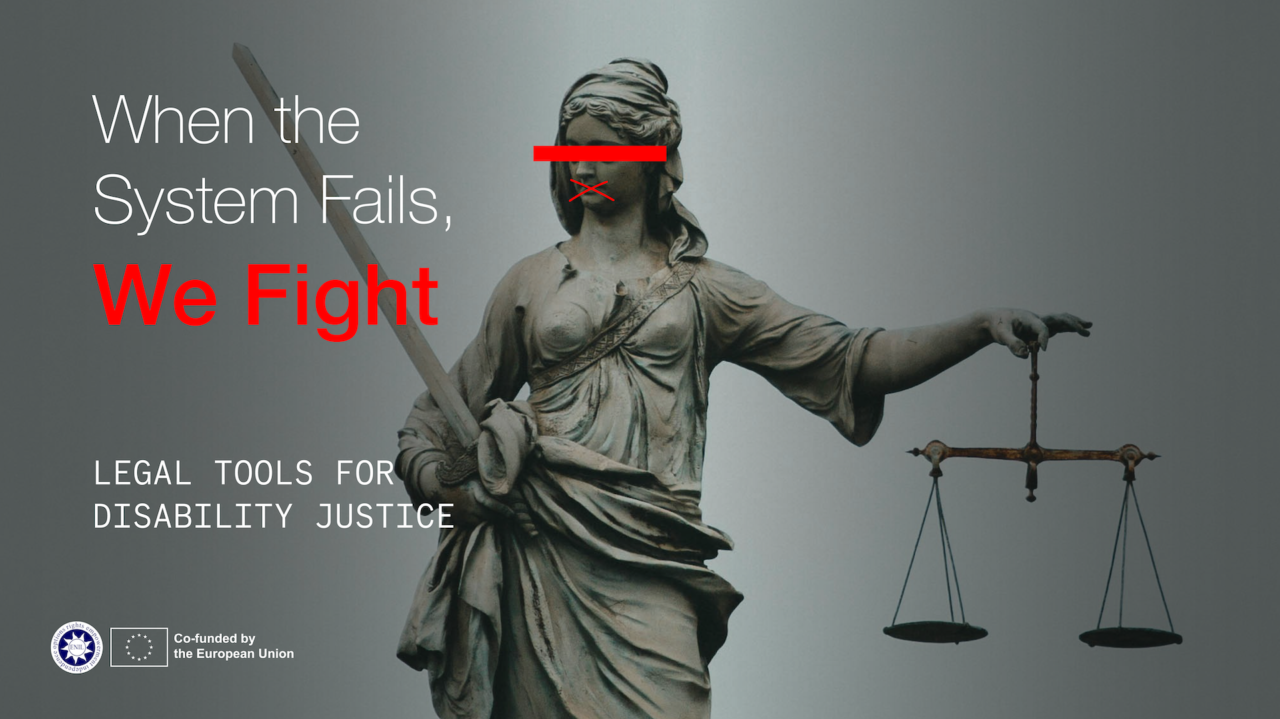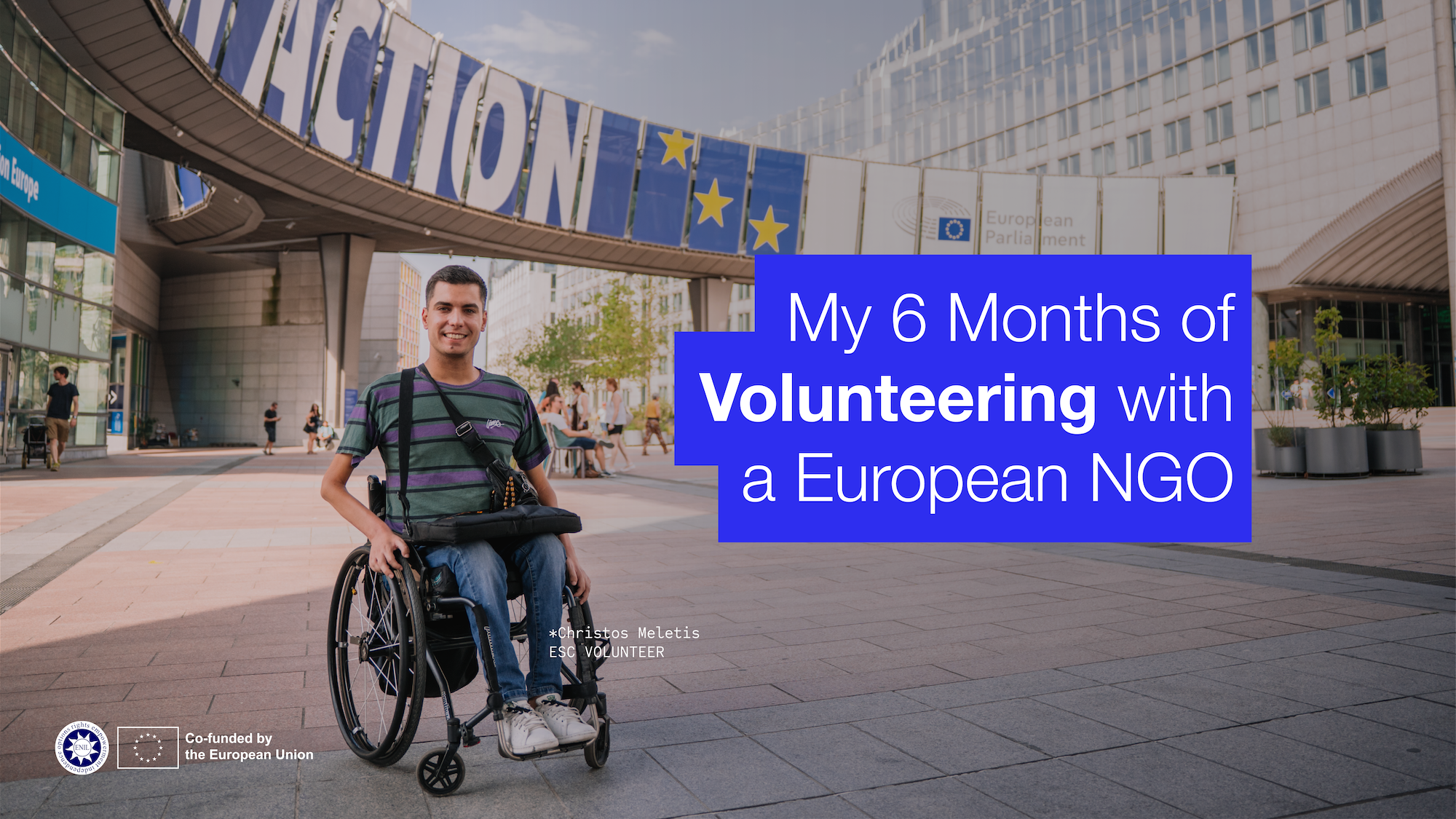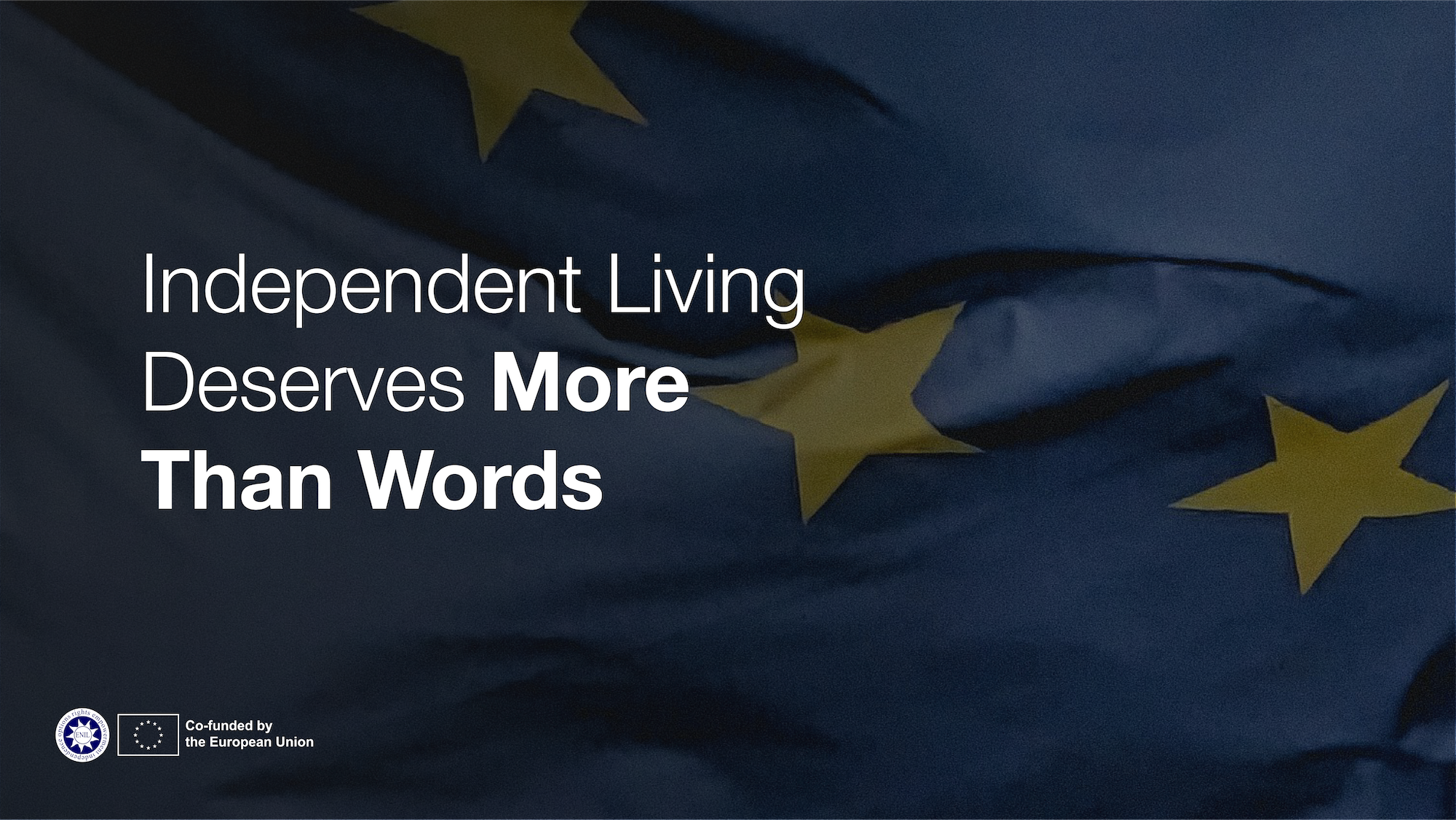At ENIL, we believe that people with disabilities must be at the forefront of legal and policy change. Through the LITI-GATE project, we are building the knowledge, skills, and networks needed to challenge systemic discrimination and advance the rights of persons with disabilities across Europe.
One of the key moments in this process was the Regional Training on Strategic Litigation, held on 17 and 28 March 2025, which brought together over 60 participants, including lawyers (some with disabilities), DPO representatives, and activists.
The training combined theory with real-world practice, offering an interactive space where participants could share experiences and explore how to use litigation as a powerful advocacy tool. From the first session, led by Mari Siilsalu, participants reflected on how to identify strategic cases and plan them effectively. Mari introduced the story of Anna, a blind lawyer who was denied employment due to inaccessible digital systems in Sweden, sparking reflection on reasonable accommodation and digital inclusion.
Arpi Avetisyan guided a discussion on the broader impact of strategic litigation, drawing from the case V.I. v. Republic of Moldova, where a child with intellectual disabilities was institutionalized and mistreated. The session explored how litigation can lead to community empowerment, policy reform, and increased public awareness.
Ann Campbell focused on the rights of victims involved in legal processes, analysing the case I.C. v. Moldova, which dealt with serious abuses, including forced labour and sexual violence. This session emphasized the need for procedural accommodations and support mechanisms to prevent further harm and ensure access to justice.
Ines Búlic Cojocariu connected litigation with EU policy, sharing ENIL’s work on challenging institutionalization funded by EU Structural Funds. Participants discussed the case of planned care homes in Bulgaria and reflected on how litigation can complement broader advocacy for deinstitutionalisation and independent living.
Adela Santos Lavigne, ENIL’s Project Coordinator, led a powerful session on inclusive communication in legal settings. She presented the case of a 17-year-old autistic girl whose sexual assault allegations were dismissed due to misunderstandings of her communication style. The session offered practical strategies to make legal procedures more accessible and respectful of neurodiverse experiences.
To conclude, María Gómez Carrillo de Castro introduced participatory research methods based on the CRPD, showing how disabled people can lead efforts to document and respond to human rights violations. Participants worked together to identify root causes and formulate research questions in an engaging and collaborative exercise.
The Regional Training was not just a learning event—it was a space for connection, exchange, and empowerment. Participants left with a stronger understanding of strategic litigation and the confidence to take action in their own countries. Thanks to the coordination of Adela Santos and technical support by Vita Vaisnyte, the training ensured full accessibility and meaningful participation for all attendees.
As the LITI-GATE project moves forward, we will continue to support disability advocates in using the law to bring about lasting change. Strategic litigation is not only about the courtroom—it is about justice, dignity, and the voices of people with disabilities leading the way.



